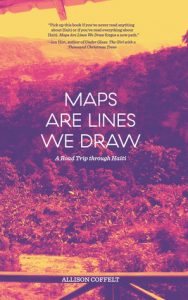 What does it mean to leave no trace? This laudable goal of many a traveler can go awry when we get caught up in the “what does it mean” and forget that “leave no trace” is meant to apply to the outer environment and not to ourselves. In reading Maps Are Lines We Draw: A Road Trip through Haiti, I have no doubt that Haiti left traces on Allison Coffelt’s heart and soul, but the book gets caught up enough in the headiness of her experience that I too often missed what the journey felt like. Worse, I missed the opportunity to feel myself transformed by her journey.
What does it mean to leave no trace? This laudable goal of many a traveler can go awry when we get caught up in the “what does it mean” and forget that “leave no trace” is meant to apply to the outer environment and not to ourselves. In reading Maps Are Lines We Draw: A Road Trip through Haiti, I have no doubt that Haiti left traces on Allison Coffelt’s heart and soul, but the book gets caught up enough in the headiness of her experience that I too often missed what the journey felt like. Worse, I missed the opportunity to feel myself transformed by her journey.
To be fair, much of Coffelt’s most obvious travel transformations probably happened before she even left home when she read Tracy Kidder’s Mountains Beyond Mountains, the book that inspired Coffelt’s trip and in the international journeys she undertook before this one. And I deeply appreciate that she was trying to give us a more complex experience than the standard “I went abroad, I saw a lifestyle unlike my own, I was transformed” trope, but the fact that she’s visibly still processing this complex experience makes it harder to follow along with her, as does the fact that we are exposed as much to her thoughts about events (or even her thoughts on thinking about events) as we are to events themselves.
Scene vs. Summary
One of the lessons drilled into me in an early writing class is that readers need scene (the depiction of events) in order to engage with events rather than summary (the narration of outcomes) which can keep a reader on the outside of a story. It’s a lesson I rebelled against (like most lessons) and we can all cite examples of long, in-depth narrations that made a book for us. In truth, though, those examples are rarer and in our modern life of direct access to video and other first-person accounts, not to mention the unreliability of many “truths” spouted at us from innumerable political mouths, scenes connect readers with events in ways that allow us to both feel what’s happening and to trust the experience (even though all books, like all photographs, are in some way framed). Or maybe I’m just one of those “need to see the foreign brilliance before it’s spoiled by visitors” kind of people.
So in the moments when Coffelt is sharing glimpses of the scenes she experienced while in Haiti, I’m right there with her as she and Dr. Gardy pull to the side of the road to sample douce macoss or as she uses a headlamp to illuminate a man’s medical treatment. These scenes allowed me to feel like I myself was the traveler (without even a single visit to the travel clinic).
Contrast that with the moments where she’s reflecting on the tropes of the mission-trip story or the self-interrupting nature of travel writing (something she’s consciously doing). This latter brings me as a reader back to the level of watching the book being constructed—separating me from experiencing what I think Coffelt wants me to experience of Haiti.
Other Comments on Craft
Because I was often engaged with this book more at the craft level than the experience level, I was very interested in what Coffelt was doing with tense. In the moments when she does use scene, especially as she’s traveling with her guide, Dr. Gardy, the action that makes up the spine of this book, she uses present tense narration, which is a wonderful way to squeeze the most immersion possible from those scenes and a strong way to counteract the distancing effect of the rumination that intercedes. It’s a trick a lesser writer would not have thought to use.
Coffelt also knows her way around a metaphor. Whether it’s turning a moment of crushing garlic into a commentary on the messy history of Haiti or the staging of a photograph that encapsulates what it means to even write a book like this. These comparisons can allow us to fathom some of the complexity she’s grappling with without having it narrated for us.
Travel is Complex
Was it Pico Iyer who called out the difference between a tourist and a traveler? Maybe not, but it’s an important distinction in this type of literature. While many will feel that a book like Eat, Pray, Love delves into the realm of traveler, I’m actually looking for narratives that go even deeper than looking at how experiencing other cultures changes us as humans. I want the Anthony Bourdain effect of literature—to see those cultures as much as possible as they are and to learn from them what I’m missing about the world at large. This is something Lindsay Clark does brilliantly on No Madder Where and it’s something Coffelt clearly values as well.
I loved the way she included quotes like “The poor don’t want you to dress like them. They want you to dress in a suit and go get them food and water.” reminded me of the Mormon missionaries we came to know in Chile. There was something so interesting and complex about these young, white, tie-wearing boys’ success in converting the poor that continues to inform my own (evolving) thoughts about religious fervence. I also appreciated her reminder about the roots of travel: travail (to work), and I was interested to learn about Haitian’s relationship with the American culture of disposal and the dependence of relief organizations on having a population that needs relief.
Before reading Maps Are Lines We Draw I knew about Haiti only from one chapter in Ann Hedreen’s Her Beautiful Brain and from decades of news accounts of disasters there. I’m glad to now have a fuller picture of the place. Do I love how honest Coffelt was about the inability to form a pat narrative about her Haitian experience? Yes. I actually do. Do I also wish that I’d been able to engage deeply enough with the book to come away with my own picture of Haiti? Yes. That too. But I did learn a lot about Haitian history, watch a fellow traveler grapple with some larger questions about travel, and get to pay some careful attention to craft, so there’s a lot to recommend in this book.
If you want to learn more about Haiti or just the intricacies of structuring a travel memoir, pick up a copy of Maps Are Lines We Draw from Bookshop.org. Your purchase keeps indie booksellers in business and I receive a commission.
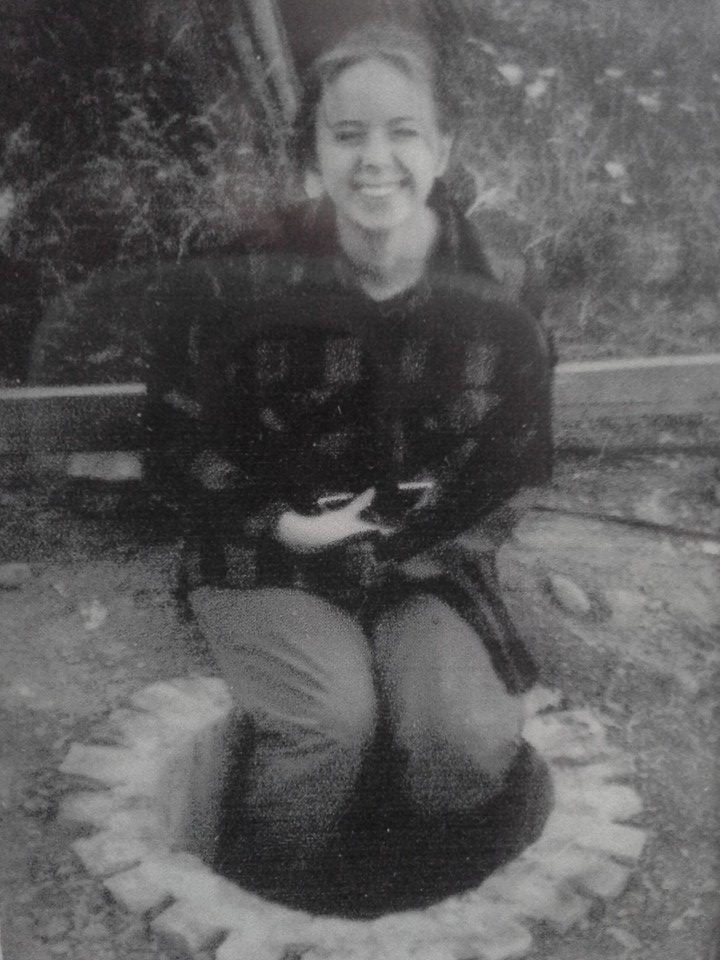
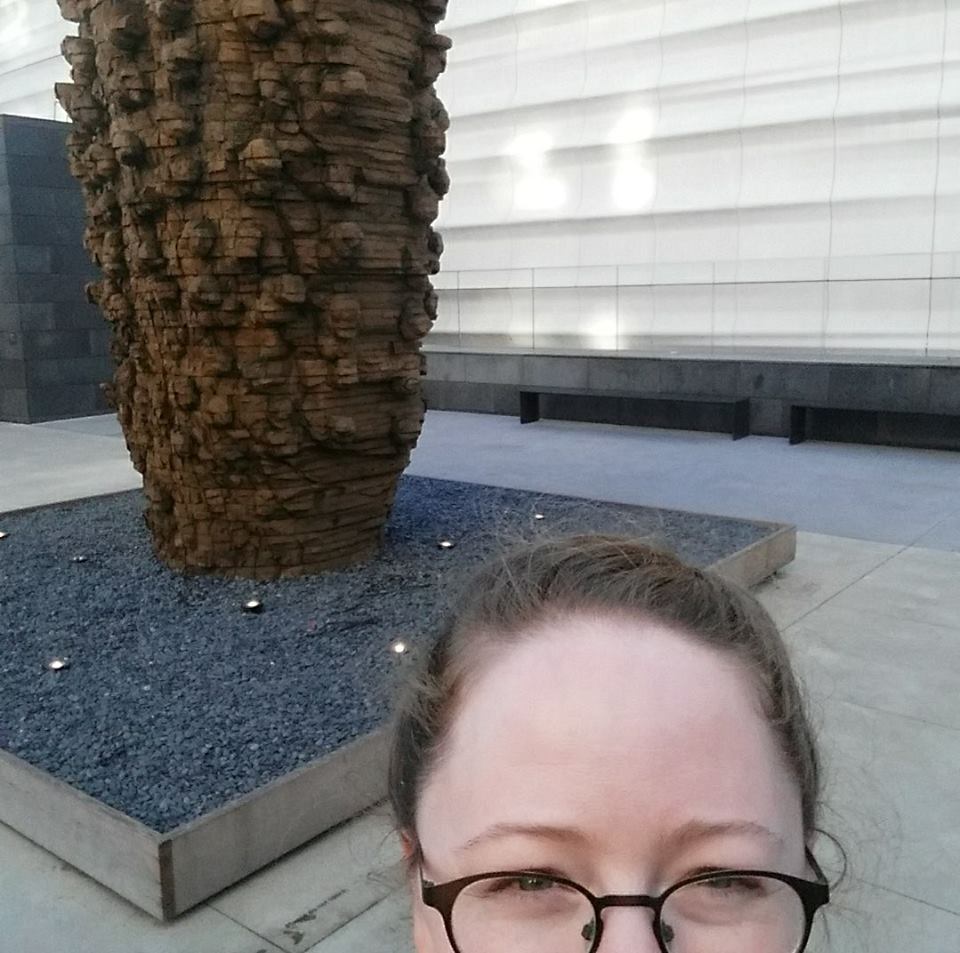
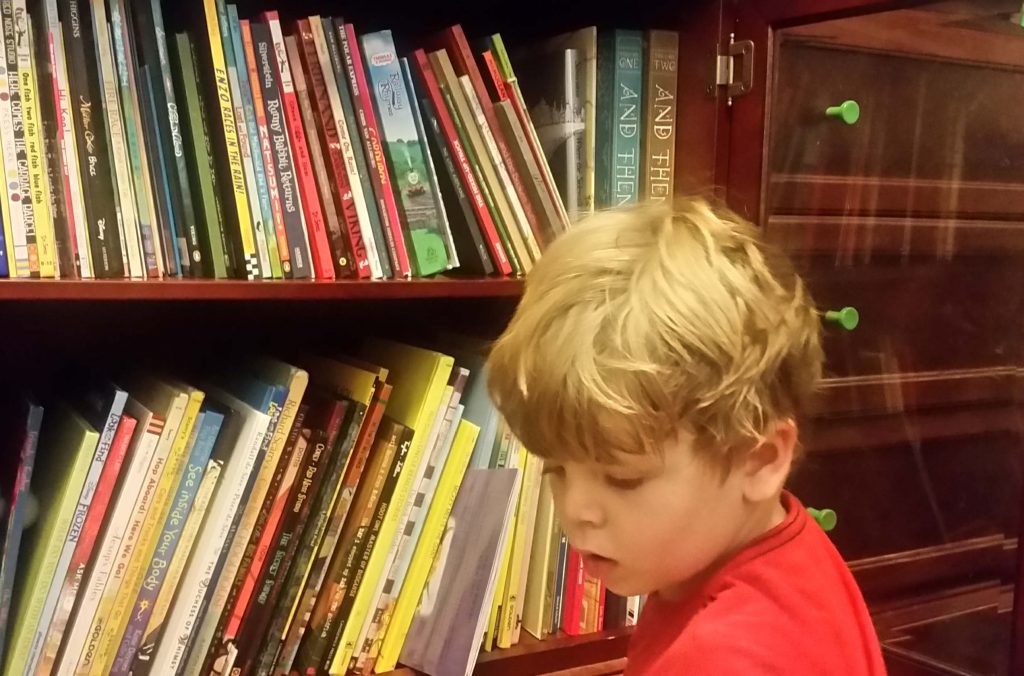 Every night my son gets to choose a bedtime book from his vast library—a library I’ve very carefully built to represent a world larger than he’s been exposed to so far. He’s a beautiful, bright, curious little white boy who spends a significant amount of his time in a class that’s 95% other white boys and I want him to know there’s more to the world. I can’t change the makeup of his class, but I can bring a wide variety of colors and cultures into our home and introduce him to some awesome female figures along the way. And I thought I was doing a pretty good job, but the other night he confused Love Is for Come on Rain (the only two stories on his shelves that star African American girls) and I realized I might have fallen into the trap of tokenism.
Every night my son gets to choose a bedtime book from his vast library—a library I’ve very carefully built to represent a world larger than he’s been exposed to so far. He’s a beautiful, bright, curious little white boy who spends a significant amount of his time in a class that’s 95% other white boys and I want him to know there’s more to the world. I can’t change the makeup of his class, but I can bring a wide variety of colors and cultures into our home and introduce him to some awesome female figures along the way. And I thought I was doing a pretty good job, but the other night he confused Love Is for Come on Rain (the only two stories on his shelves that star African American girls) and I realized I might have fallen into the trap of tokenism. 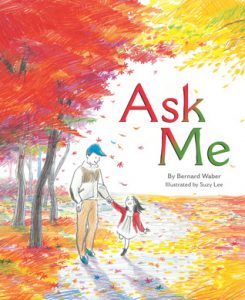 I looked at the gender and race of main characters and also the gender and race of each book’s author and illustrator. It wasn’t an exact science—I found myself making some assumptions about both race and gender (some of which I was later able to clarify) and the counts are a little iffy (you try wresting a little boy’s books from his grasp) but the patterns are clear and I’m so glad I went through this exercise, because I learned a lot.
I looked at the gender and race of main characters and also the gender and race of each book’s author and illustrator. It wasn’t an exact science—I found myself making some assumptions about both race and gender (some of which I was later able to clarify) and the counts are a little iffy (you try wresting a little boy’s books from his grasp) but the patterns are clear and I’m so glad I went through this exercise, because I learned a lot. 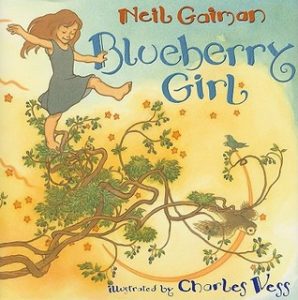 My favorite thing about this table is the “Many” category which I had to scrawl into a margin because of three books: Blueberry Girl by Neil Gaiman and Charles Vess (where the main character shifts race and appearance throughout the book), Love by Matt de la Peña and Loren Long (where technically “love” could be the main character but the rest of the book is so representative of so many lived experiences, it deserves massive credit) and Peace Begins with You by Katherine Scholes that follows a similar pattern.
My favorite thing about this table is the “Many” category which I had to scrawl into a margin because of three books: Blueberry Girl by Neil Gaiman and Charles Vess (where the main character shifts race and appearance throughout the book), Love by Matt de la Peña and Loren Long (where technically “love” could be the main character but the rest of the book is so representative of so many lived experiences, it deserves massive credit) and Peace Begins with You by Katherine Scholes that follows a similar pattern. 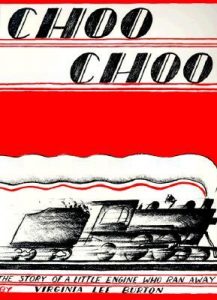 I was surprised to discover just how many books we read that feature non-human characters. Unfortunately, the default gender for animal and vehicle characters seems to be male. Some of this is due to the English reversion to “he” as a generic pronoun (read: patriarchy) but some of it is just laziness.
I was surprised to discover just how many books we read that feature non-human characters. Unfortunately, the default gender for animal and vehicle characters seems to be male. Some of this is due to the English reversion to “he” as a generic pronoun (read: patriarchy) but some of it is just laziness.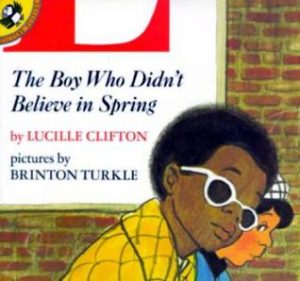 So the fact that almost all of the authors my son has been exposed to are white is a fail on my part. I can name the one Black author—Lucille Clifton—and the excellence of The Boy Who Didn’t Believe in Spring is argument enough for actively seeking out more diverse voices. It’s a gorgeous book that gets to the heart of male friendship better than anything else I’ve read.
So the fact that almost all of the authors my son has been exposed to are white is a fail on my part. I can name the one Black author—Lucille Clifton—and the excellence of The Boy Who Didn’t Believe in Spring is argument enough for actively seeking out more diverse voices. It’s a gorgeous book that gets to the heart of male friendship better than anything else I’ve read.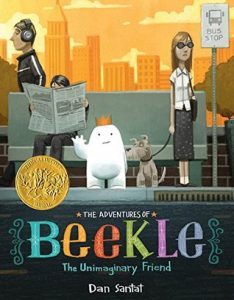 Can I admit yet that I’m starting to feel a little demoralized? How can I not have one single book in my son’s collection that’s illustrated by an African American? And that this category is looking very white overall. The same note from above about Suzy Lee, Dan Santat and Shaun Tan still applies—fantastic illustrators that I might have overemphasized in my son’s collection.
Can I admit yet that I’m starting to feel a little demoralized? How can I not have one single book in my son’s collection that’s illustrated by an African American? And that this category is looking very white overall. The same note from above about Suzy Lee, Dan Santat and Shaun Tan still applies—fantastic illustrators that I might have overemphasized in my son’s collection.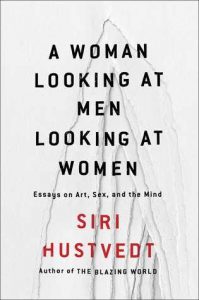 I’ve long admired Hustvedt’s writing and was very excited when A Woman Looking at Men Looking at Women arrived in time for a lengthy convalescence earlier this week. But the best thing I did for myself was to not read all 500 pages in one go. Instead, I’m going to savor her signature intelligence. So far I’ve read about the differences in modes of knowing between scientists and artists and the contextual coding (and unconscious bias) in how we view art which has led me to question everything about how I encounter arts of all kinds and to better appreciate the instinctual approach to my work that’s been evolving over the last decade.
I’ve long admired Hustvedt’s writing and was very excited when A Woman Looking at Men Looking at Women arrived in time for a lengthy convalescence earlier this week. But the best thing I did for myself was to not read all 500 pages in one go. Instead, I’m going to savor her signature intelligence. So far I’ve read about the differences in modes of knowing between scientists and artists and the contextual coding (and unconscious bias) in how we view art which has led me to question everything about how I encounter arts of all kinds and to better appreciate the instinctual approach to my work that’s been evolving over the last decade.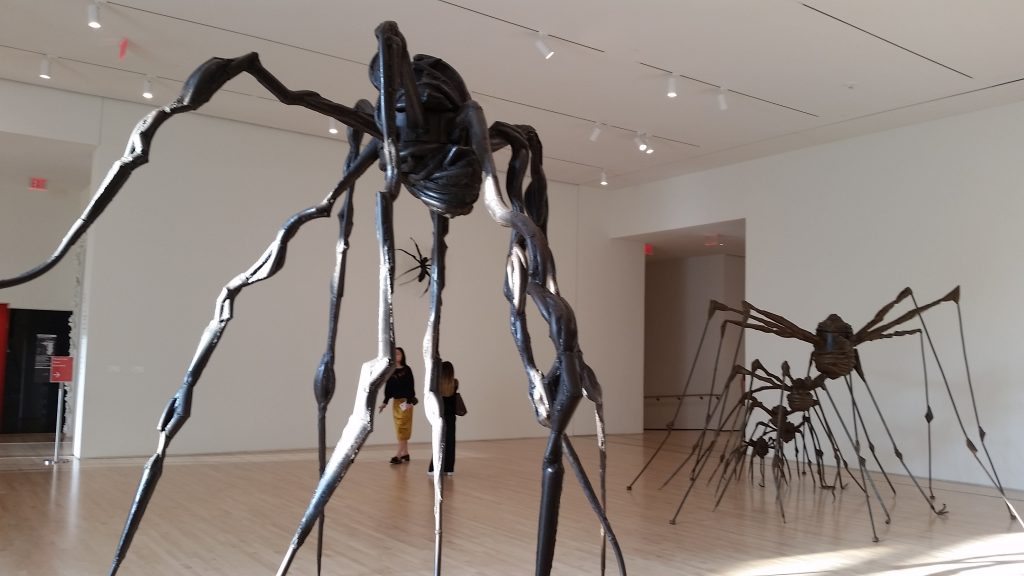
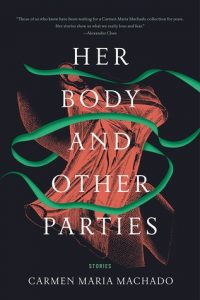 If you haven’t already read “
If you haven’t already read “ Another writer who demolishes the prejudicial line between “genre” and “literary” fiction is Paige Cooper. The stories in Zolitude are dense, rich, and wildly intelligent. This is not a bedtime book (trust me), not only because of the often chilling plotlines, but because you won’t want to miss a single detail of Cooper’s intricately crafted stories lest you discover, too late, that the women you’re reading about have become animals (or that they always were).
Another writer who demolishes the prejudicial line between “genre” and “literary” fiction is Paige Cooper. The stories in Zolitude are dense, rich, and wildly intelligent. This is not a bedtime book (trust me), not only because of the often chilling plotlines, but because you won’t want to miss a single detail of Cooper’s intricately crafted stories lest you discover, too late, that the women you’re reading about have become animals (or that they always were).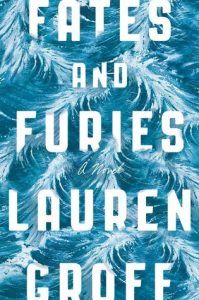 Sick this weekend and more than a little desperate to read something that would not further irritate my fevered brain, I pulled Fates and Furies by Lauren Groff from my to-read shelf. Though I cursed Groff when I could not put down the book to fall into a much-needed nap, something I should have expected because her earlier novel Arcadia had kept me up at night, I was also grateful because it’s been too long since a full-length novel incited me to read with such hunger. I even skimmed the last sixty pages as my husband read to my son in the other room—hoping with each new section break that they’d go through one more round of exploring darkest Peru so I could live inside this book until the very end. Fates and Furies also got my brain moving on some topics I care deeply about: marriage, the myth of the lone genius, and Greek mythology.
Sick this weekend and more than a little desperate to read something that would not further irritate my fevered brain, I pulled Fates and Furies by Lauren Groff from my to-read shelf. Though I cursed Groff when I could not put down the book to fall into a much-needed nap, something I should have expected because her earlier novel Arcadia had kept me up at night, I was also grateful because it’s been too long since a full-length novel incited me to read with such hunger. I even skimmed the last sixty pages as my husband read to my son in the other room—hoping with each new section break that they’d go through one more round of exploring darkest Peru so I could live inside this book until the very end. Fates and Furies also got my brain moving on some topics I care deeply about: marriage, the myth of the lone genius, and Greek mythology.